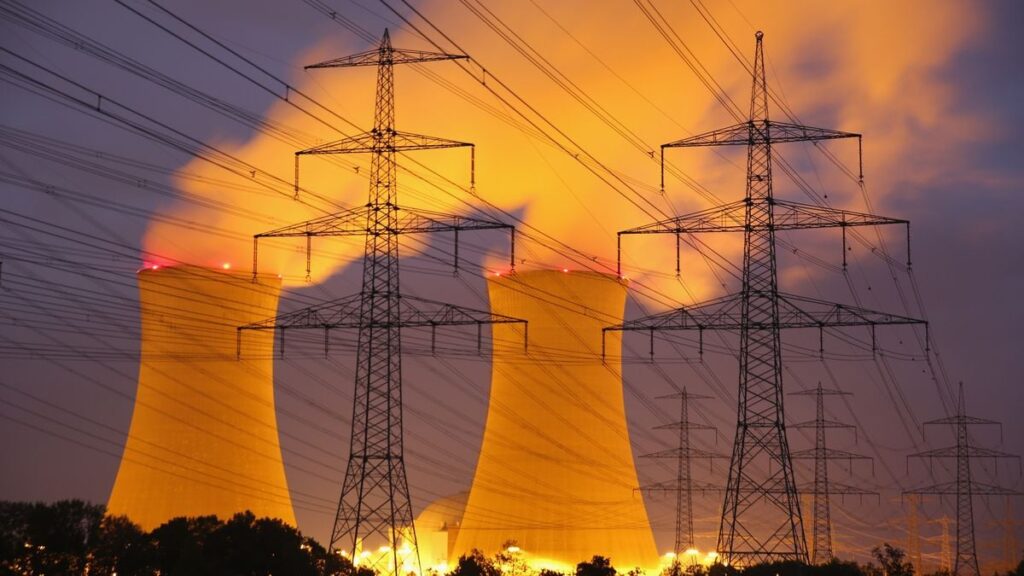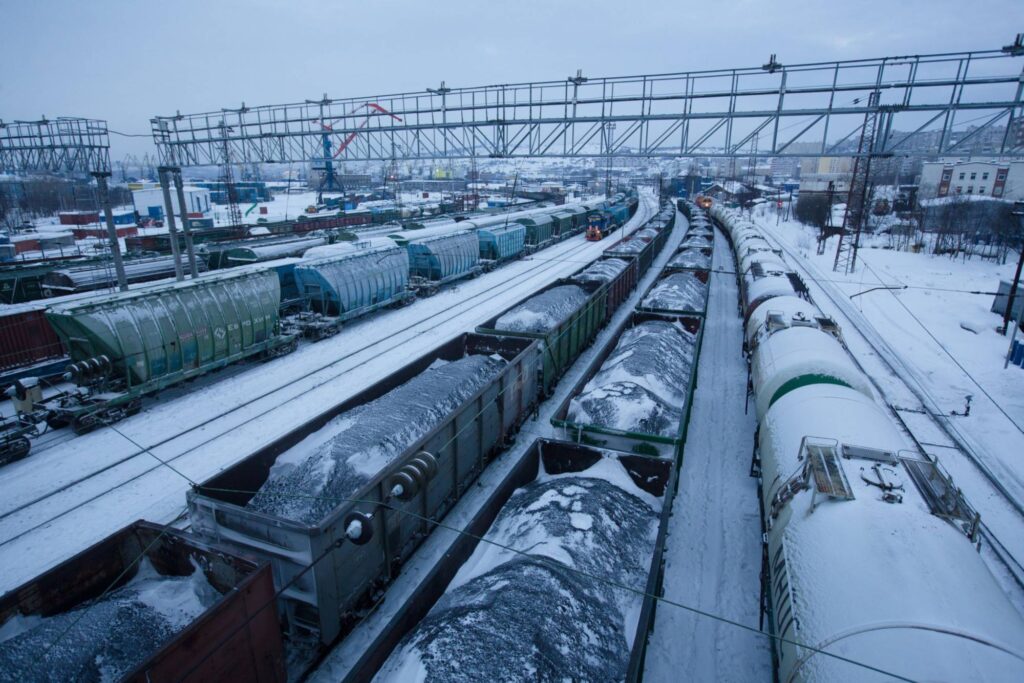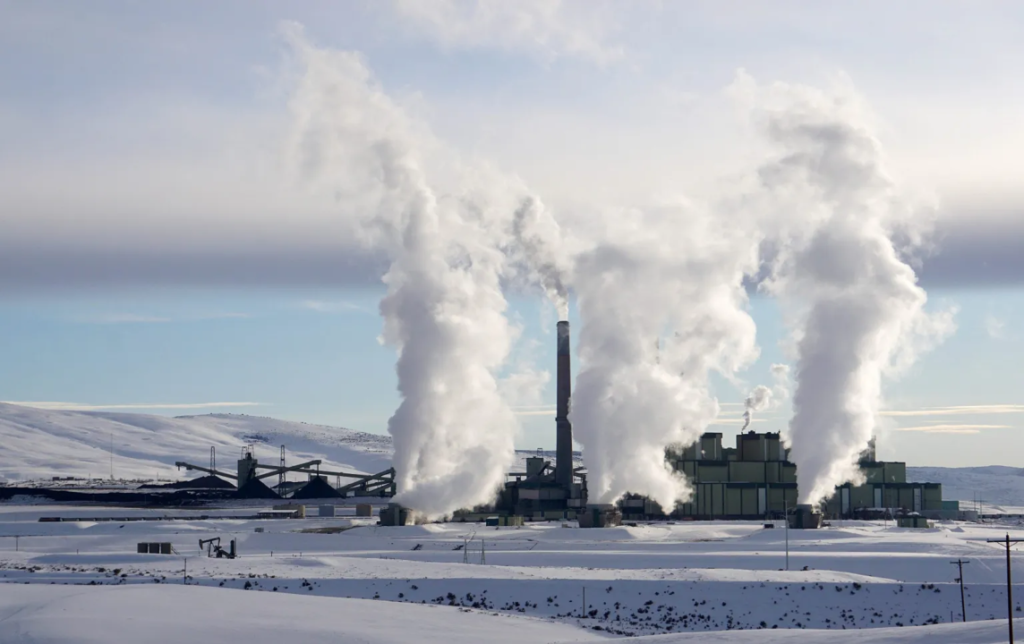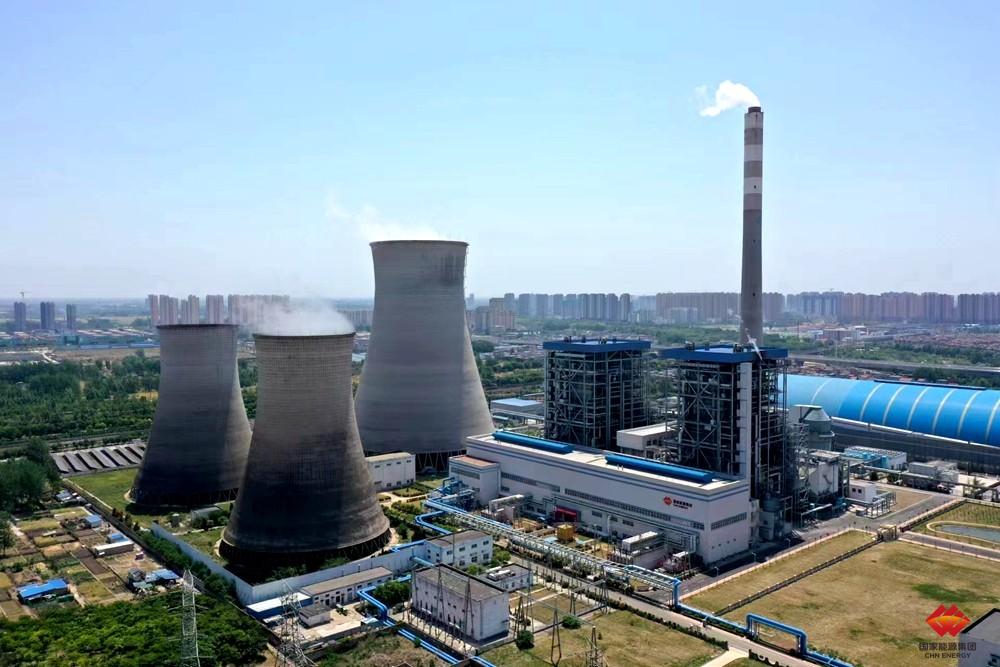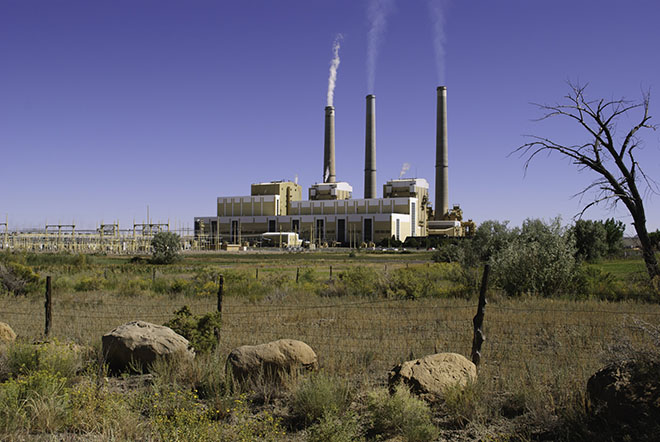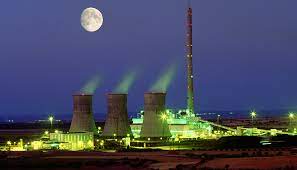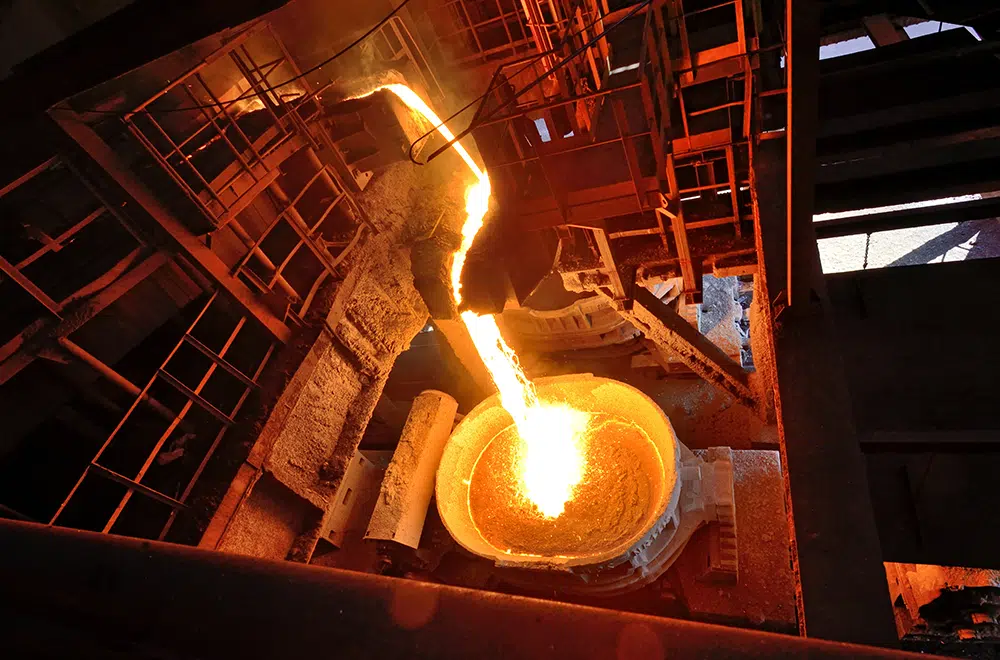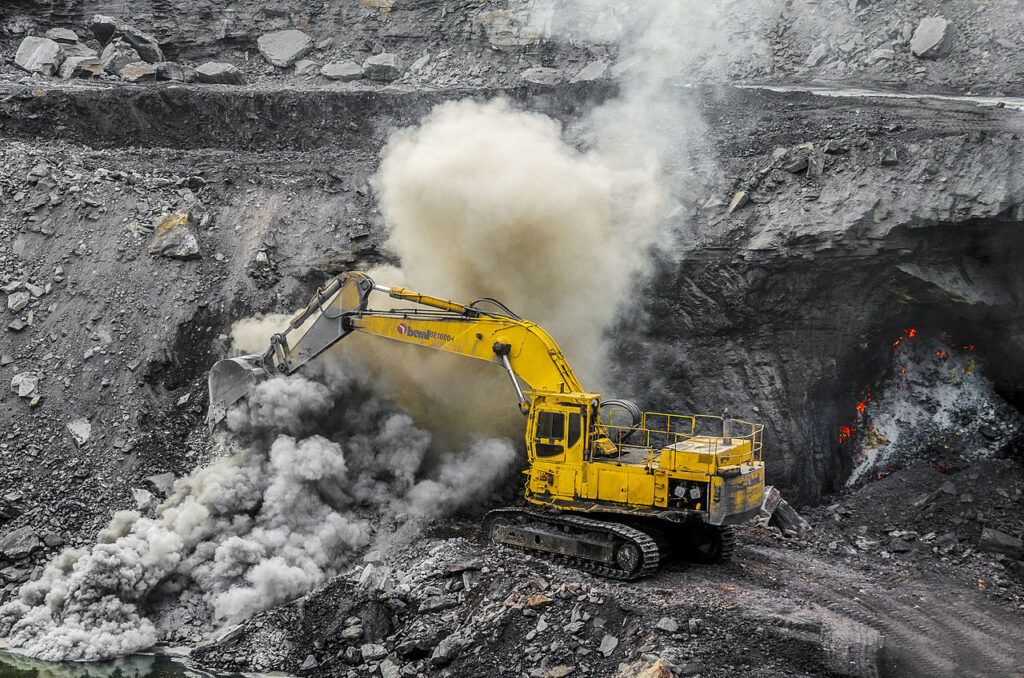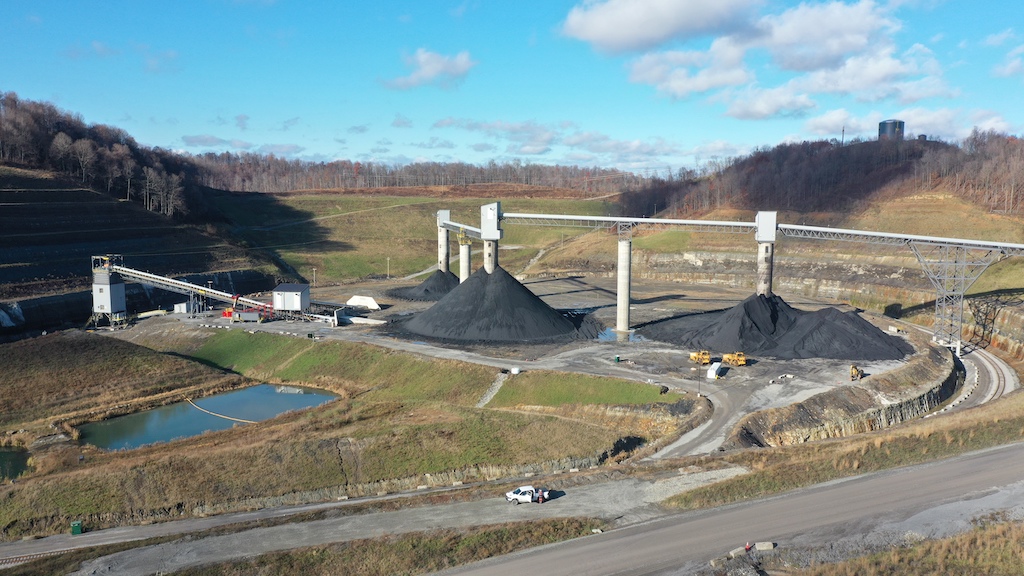NERC’s 10-year reliability assessment warns environmental regulations and energy policies “that are overly rigid” can jeopardize “the orderly transition of the resource mix.”
The power grid is increasingly unreliable, and NERC officials say it is not clear how the trend will be reversed.
“In recent years, we’ve witnessed a decline in reliability, and the future projection does not offer a clear path to securing the reliable electricity supply that is essential for the health, safety, and prosperity of our communities,” John Moura, NERC’s director of reliability assessment and performance analysis, said in a statement.
“We are facing an absolute step change in the risk environment surrounding reliability and energy assurance,” Moura said.
The Midcontinent Independent System Operator faces a projected 4.7 GW shortfall beginning in 2028 “if expected generator retirements occur,” NERC found. The grid operator is adding more than 12 GW to shore up a previously identified reserve deficit but more will be needed.
NERC also noted that there are 50 GW of generation in MISO with signed generation interconnection agreements that are not yet online, “and another 200+ GW of new resources within the interconnection queue that are still being evaluated.”
A spokesperson for MISO said the grid operator “concurs with NERC’s key conclusions and recommendations,” and is taking steps to address potential resource shortfalls. A new seasonal resource adequacy construct, changes to resource accreditation, development of a long-range transmission plan and adoption of a reliability-based demand curve will help, they said.
In the Southeastern Electric Reliability Council-Central region, NERC identified a potential shortfall in planned reserves over the 2025 to 2027 period, “as demand forecasts increase faster than the transitioning resource mix grows.” The region is adding gas and solar generation, and retiring coal plants.
“The period of projected shortfall is occurring in a mid-point of the assessment period from generator retirements that are currently slated to take place before new resources are added,” NERC said.

NERC’s reliability assessment is “deeply troubling,” said Michelle Bloodworth, president and CEO of America’s Power, which represents coal generators.
“Despite several years of warnings about the possibility of electricity shortages in many parts of the country, the risk of electricity shortages has grown worse,” she said, pointing to coal retirements, policies developed by the Environmental Protection Agency, and “dangerous subsidies for unreliable sources of energy” as the cause.
The National Mining Association said coal retirements are “leaving grids across the country short of the fuel-secure, dispatchable generation they so desperately need.”
“Surging power demand, the rapid loss of dispatchable generating capacity, and the towering hurdles to connecting reliable alternatives and their enabling infrastructure are the on-the-ground reality that should shape our energy policy,” NMA President and CEO Rich Nolan said in a statement.
Cooperative utilities echoed the concern over EPA policies. In May, the agency proposed greenhouse gas emissions limits for coal-, gas- and oil-fired power plants, with initial requirements beginning in 2030 for coal-fired generators.
“NERC’s latest assessment paints another grim picture of our nation’s energy future as demand for electricity soars and the supply of always-available generation declines,” said Jim Matheson, CEO of the National Rural Electric Cooperative Association.
“Nine states saw rolling blackouts last December as the demand for electricity exceeded available supply. And proposals like the EPA’s power plant rule will greatly compound the problem,” he said. “Absent a major shift in state and federal energy policy, this is the reality we will face for years to come.”
NERC’s report noted the threat of “environmental regulations and energy policies that are overly rigid.”
If regulations lack provisions for electric grid reliability, they can “influence generators to seek deactivation despite a projected resource adequacy or operating reliability risk; this can potentially [jeopardize] the orderly transition of the resource mix,” the report said. “For this reason, regulators and policymakers need to consider effects on the electric grid in their rules and policies and design provisions that safeguard grid reliability.”

